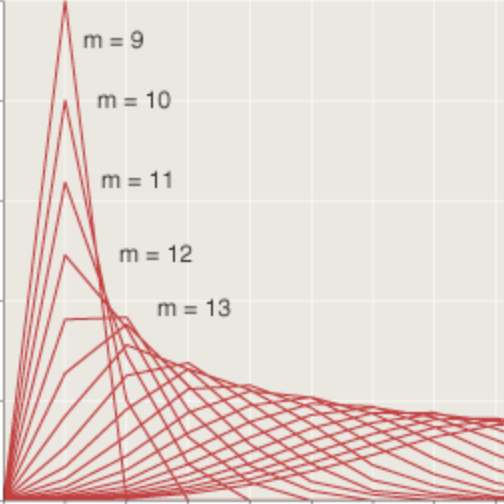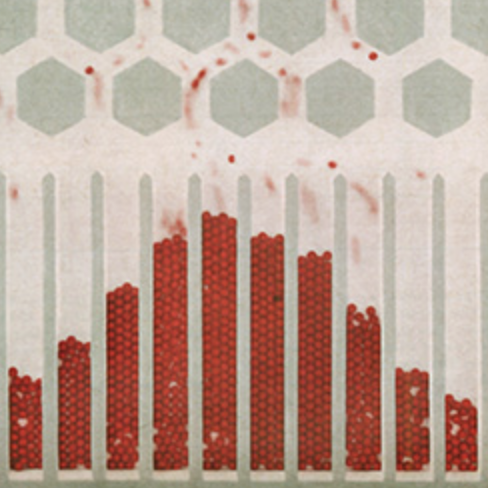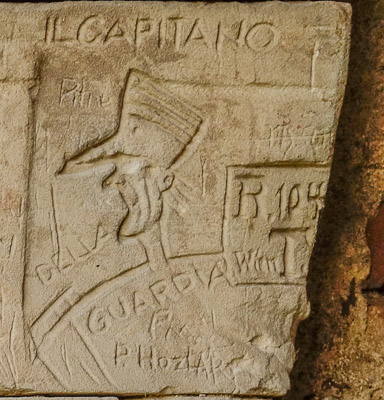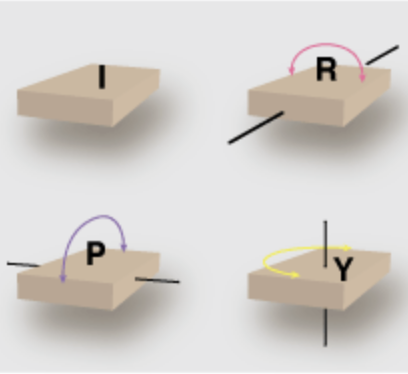Ten Years of bit-playing
by Brian Hayes
Published 9 January 2016
Scribble, scribble, scribble. As if the world didn’t get enough of my writing already, with a bimonthly column in American Scientist, now I’m equipped to publish my every thought on a momen’t notice.
That’s how it all began here on bit-player.org: The first post (with the first typo) appeared on January 9, 2006. I’ve published another 340 posts since then (including this one)—and doubtless many more typos and other errors. Many thanks to my readers, especially those who have contributed some 1,800 thoughtful comments.
Responses from readers:
Please note: The bit-player website is no longer equipped to accept and publish comments from readers, but the author is still eager to hear from you. Send comments, criticism, compliments, or corrections to brian@bit-player.org.
Publication history
First publication: 9 January 2016
Converted to Eleventy framework: 22 April 2025




Ten more years! Ten more years!
Indeed!
Congratulations on the milestone Brian!
Congratulations!
Congratulations, and thank you for providing 10 years of interesting and insightful posts!